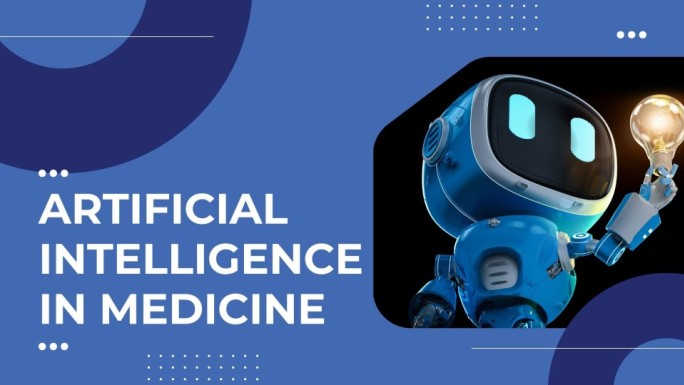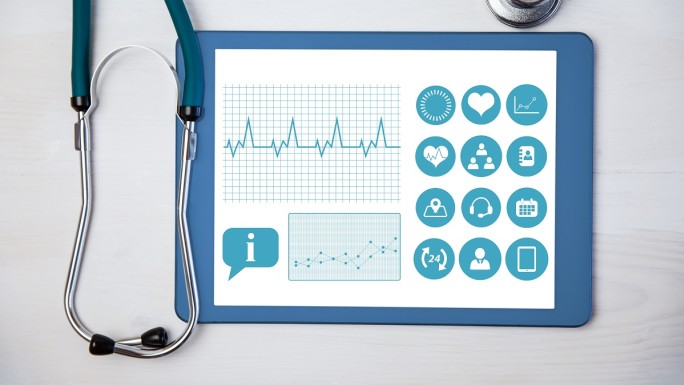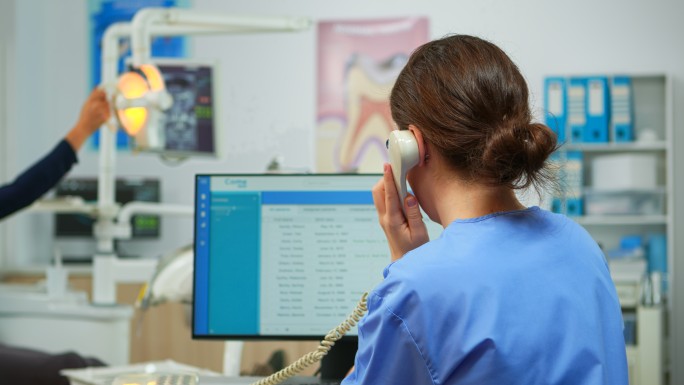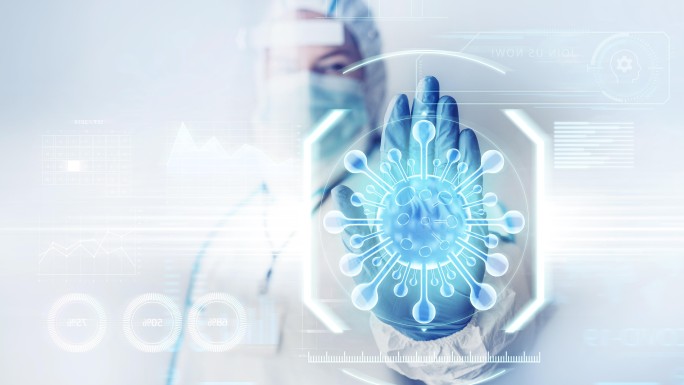Patient meal management: Better nutrition for better patient outcome
Nutrition is important for maintaining good health. In healthcare facilities, it’s even more essential. Nutrition and meal management contribute significantly to recovery speed and patient outcomes, especially for patients with chronic conditions such as diabetes, heart disease, or obesity.
In this article, we will share how meal management for patients is necessary, which factors are required in this management task, and how technology can support this complexity in healthcare settings.
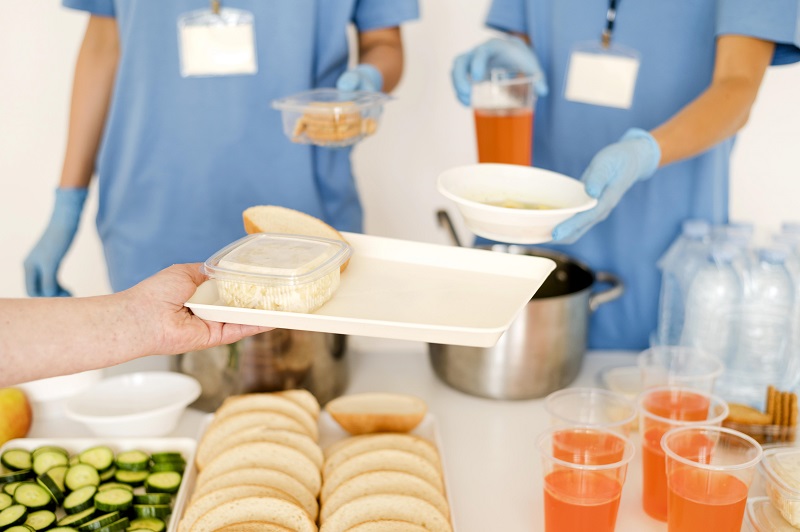
Why do patients need meal management?
Patients may benefit from meal management for various reasons, and implementing meal management systems can play a crucial role in supporting their overall well-being. Here are several reasons why patients might need meal management:
Nutritional support
Patients with specific medical conditions or dietary needs may require personalized and nutritionally balanced meals. Meal management can help healthcare providers or nutritionists create tailored meal plans that address these specific requirements.
Easier chronic disease management
Patients managing chronic conditions often need to follow specific dietary guidelines. Meal management systems can assist in planning meals that align with these guidelines, helping to manage and improve their health.
Weight management
Individuals aiming to manage their weight, whether for weight loss or weight gain, benefit from meal management systems. These systems can track calorie intake, and macronutrient distribution, and provide guidance on portion control.
Dietary restrictions and allergies
Patients with food allergies, intolerances, or specific dietary restrictions need careful meal planning. Meal management systems can help avoid allergens, ensuring that patients receive safe and appropriate meals.
Post-surgery or recovery
Patients recovering from surgery or illness may have specific dietary requirements to support their recovery. Meal management systems can help create easy-to-digest and nutrient-rich meal plans tailored to their recovery needs.
Enhancing elderly care
Older adults may face challenges in meal planning and preparation. Meal management systems can be beneficial in ensuring that elderly individuals receive nutritionally adequate meals, especially if they have specific health conditions.
Better medication management
Some medications require patients to take them with or without food. Meal management systems can help patients organize their meals around medication schedules, ensuring optimal effectiveness and minimizing potential side effects.
Supporting home healthcare
Patients receiving home healthcare services may benefit from meal management to ensure they receive nutritious meals that meet their dietary needs. It supports their overall health and recovery while receiving care at home.
Required factors when managing patient meal
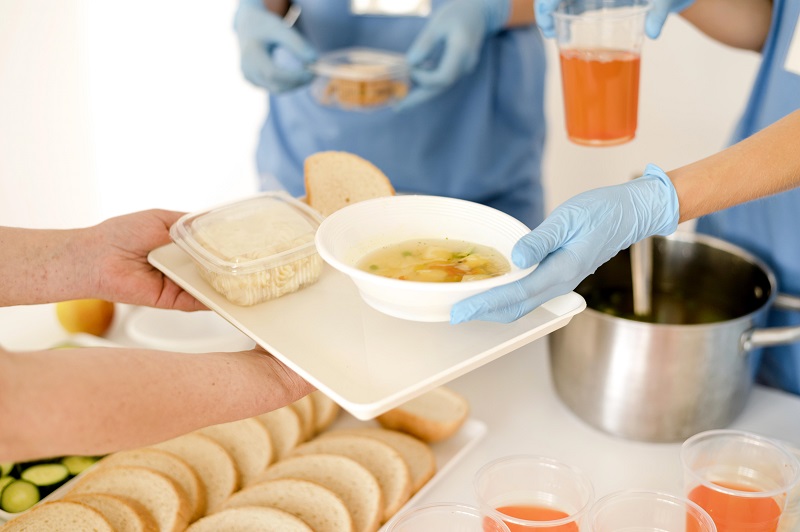
Managing patient meals involves careful consideration of several factors to ensure that the nutritional needs, dietary preferences, and health requirements of the patients are met. Here are key factors to consider when managing patient meals:
Nutritional requirements
Patients may have varying nutritional needs based on their health status, age, weight, and medical conditions. Meal management processes should enable the customization of meals to meet individual nutritional requirements.
Texture modifications
Some patients may require modified textures, such as pureed or chopped meals, due to difficulties with chewing or swallowing. A meal management plan should support the customization of meal textures based on individual needs.
Timing of meals and snacks
Ensuring that meals and snacks are provided at appropriate times is essential for maintaining stable blood sugar levels, supporting medication schedules, and promoting overall health.
Allergen management
A robust allergen management is crucial to prevent allergic reactions. The meal plan should accurately track and communicate information about allergens in meals, considering patient allergies and sensitivities.
Portion control
Ensuring appropriate portion sizes is essential for managing patients' caloric intake and supporting weight management goals. The meal management plan should assist in portion control based on individual dietary plans.
Consistency and quality
Maintaining consistency in meal quality and presentation is crucial for patient satisfaction. The meal management system should help standardize meal preparation processes to ensure a consistently high quality of food.
Meal preferences and cultural considerations
Taking into account patients' meal preferences, cultural backgrounds, and culinary habits enhances the overall dining experience. Offering a variety of culturally appropriate and preferred meal options contributes to patient satisfaction.
Medical conditions and dietary restrictions
Patients often have specific medical conditions, allergies, or dietary restrictions that necessitate special dietary considerations. It's crucial to be aware of these restrictions and plan meals accordingly to avoid adverse reactions.
Patient feedback and communication
Encouraging patient feedback on meals and preferences fosters a patient-centered approach. The system should support communication between patients, dietary services, and healthcare providers to address individual needs.
By considering these factors, healthcare facilities can start effective meal management that contributes to the overall well-being and satisfaction of patients. Tailoring meals to individual needs and preferences enhances the patient experience and supports positive health outcomes.
How technology can be involved in patient meal management
The complexity of requirements and patient conditions demands a convenient approach to nutrition, considering individual preferences, allergies, medical conditions, and prescribed dietary plans. Therefore, there is a need for an effective, affordable, and personalized meal planning system that can assist healthcare providers and patients in planning meals that suit patients’ needs and preferences. The technology solution is a dedicated meal management platform or application that can streamline the process of meal planning and delivery, and also ensure a personalized and nutritionally balanced culinary experience for each patient.
These patient meal management platforms can be integrated with other healthcare systems, or be a standalone system for meal management in each healthcare facility. Providers can choose between packaged or tailored solutions to implementing a proper meal management system/platform.
Read more: Meal management system: Definition, Benefits and Functions
Conclusion
Creating personalized meal plans for each patient is a complex task, but for now, we can eliminate those struggles with technology innovation. Healthcare will be supported and applied by many future advanced technologies and patient meal management is one of the first steps of this innovation journey. This not only helps healthcare providers promptly and quickly treat patients, but also helps improve the patient experience, reduce the burden on staff, saving time and resources.

